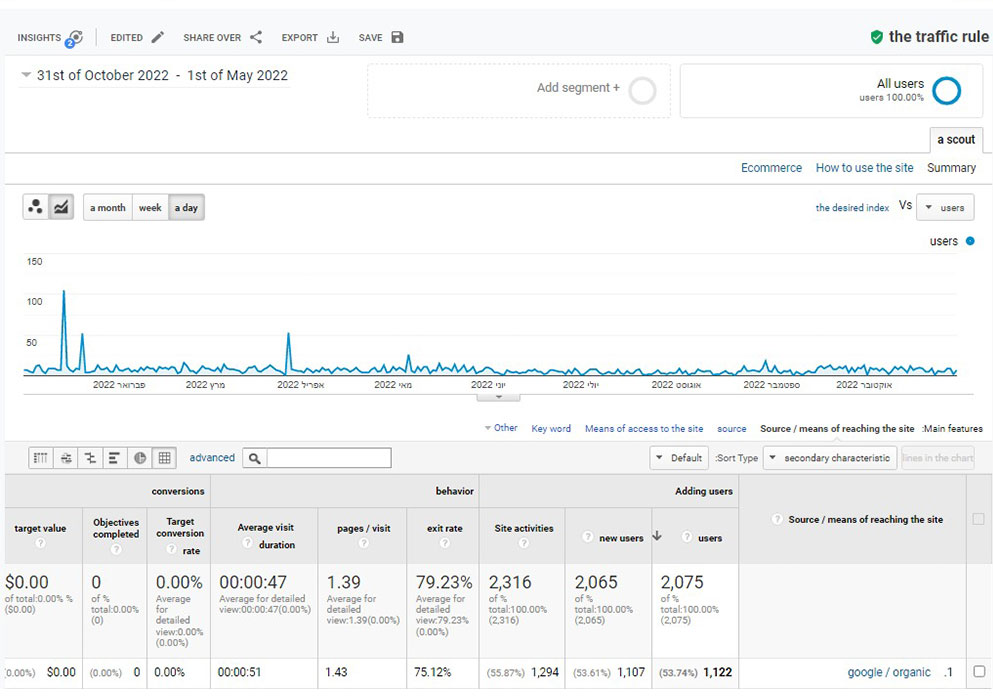What Is SEO Management? (And Why Your Business Can’t Afford to Ignore It)
Ever wondered why some websites seem to magically float to the top of Google while others vanish into the abyss of page 37? (Spoiler: It’s not magic. It’s SEO management.) Let’s talk about what SEO management really means, why it’s the secret sauce for businesses today, and how you can avoid becoming best friends with the “Next Page” button.
Here at Sitelinx Organic SEO Agency in Los Angeles, we’ve spent years turning under-the-radar websites into traffic magnets. And trust us, it’s not just about stuffing keywords into blog posts like a Thanksgiving turkey. Let’s break it down—no jargon, no fluff, just straight talk.
What Even Is SEO Management? Let’s Demystify It
SEO management is like being a digital gardener. Instead of watering plants, you’re nurturing your website’s visibility. It’s the process of optimizing your site to rank higher in search engines, drive traffic, and—drumroll—convert visitors into customers. But here’s the kicker: it’s not a one-time project. SEO is a marathon, not a sprint (unless you enjoy burning cash on shortcuts that backfire).
A good SEO company—cough, like us at Sitelinx—doesn’t just tweak meta tags and call it a day. We handle:
- On-Page SEO: Crafting content that answers what people actually search for.
- Technical SEO: Fixing behind-the-scenes issues (think broken links or slow load times).
- Off-Page SEO: Building your site’s reputation through backlinks and, yes, even Google Business reviews.
- Local SEO: Making sure your brick-and-mortar shop doesn’t get buried under competitors when someone nearby Googles “best coffee near me.”
Why Local SEO Is Your New Best Friend (Especially in LA)
Let’s get real: If you’re a local business, showing up for “Los Angeles plumbing services” is way more valuable than ranking for “plumbing” globally. local SEO is how you dominate your neighborhood. Imagine someone three blocks away searching for your exact service… and your competitor pops up instead. Ouch.
At Sitelinx, we’ve seen businesses double their foot traffic just by optimizing Google My Business profiles, collecting authentic reviews, and sprinkling location-specific keywords into their content. And hey, if you’re on WordPress? Even better. Plugins like Yoast make on-page SEO a breeze—if you know how to use them. (Pro tip: Don’t let the “green light” fool you. There’s nuance involved.)
The SEO Toolbox: What a Top-Tier SEO Agency Actually Does
Not all SEO services are created equal. Some “specialists” promise the moon but deliver a potato. Here’s what you should expect from the best SEO company:
1. Keyword Research That Doesn’t Suck
Forget guessing what your audience wants. Tools like Ahrefs and SEMrush dig into real search data. But here’s the catch: High-volume keywords aren’t always the answer. Sometimes low-competition phrases (like “vegan bakery Los Angeles”) deliver better ROI.
2. Content That’s Actually Readable
Google’s algorithms are smart. They know if you’re writing for bots or humans. We’ve all seen those cringey articles that repeat “best SEO agency” 47 times. Don’t be that guy.
3. Technical Fixes You Didn’t Know You Needed
Did you know a 1-second delay in page load time can drop conversions by 7%? Or that mobile-friendliness is non-negotiable after Google’s 2023 update? A sharp SEO specialist spots these issues fast.
“But How Long Does SEO Take?” (And Other FAQs)
Let’s tackle the big questions we hear daily:
Q: How soon will I see results?
A: SEO isn’t a microwave meal. Most campaigns take 3–6 months to gain traction. But once you’re up, the traffic keeps coming.
Q: Is local SEO worth it for small businesses?
A: Absolutely. 46% of Google searches seek local info. If you’re not optimizing for “near me” searches, you’re leaving money on the table.
Q: Can I DIY my SEO?
A: Sure, just like you can cut your own hair. But FYI, the results might look… interesting.
Q: Why choose an SEO agency over freelancers?
A: Agencies (hi, we’re Sitelinx!) offer teams with diverse skills—writers, developers, analysts—all under one roof. Freelancers? They’re great, but you might need 5 of them to match an agency’s firepower.
The Sitelinx Difference: Why We’re Not Just Another LA SEO Company
Look, we get it. The SEO world is crowded. But here’s why we’ve earned our stripes as a top SEO agency in Los Angeles:
- We’re WordPress Whisperers: Whether you’re on Shopify, Wix, or WordPress (our favorite), we tailor strategies to your platform.
- Transparency Over Everything: No confusing reports. We show you exactly where your money’s going.
- Results That Stick: One client’s organic traffic grew 300% in 8 months. Another saw a 150% boost in local store visits.
Oh, and we don’t just chase rankings. We focus on metrics that matter—like leads, sales, and lifetime customer value. Because what’s the point of ranking #1 if it doesn’t move the needle?
Ready to Ditch the SEO Guesswork?
SEO management isn’t glamorous, but neither is watching your competitor’s website outrank yours for the 100th time. Whether you’re a startup or an established brand, the right strategy can flip the script.
At Sitelinx Organic SEO Agency, we’re all about sustainable growth—no smoke, no mirrors. If you’re tired of shouting into the void, let’s chat. Because honestly, life’s too short for page 37.
P.S. If you’re still reading this, congrats! You’re already ahead of 90% of business owners who skim SEO articles while binge-watching Netflix. Now take the next step. 😉

